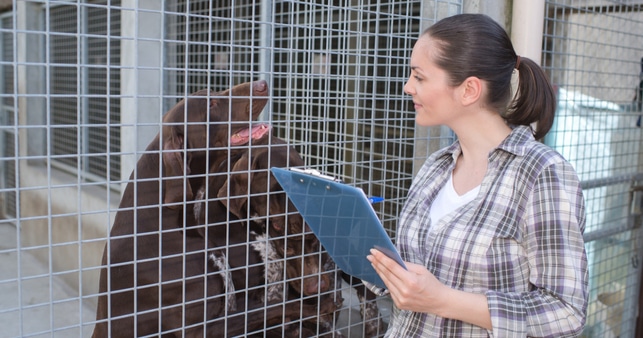
[1] Australia’s Parliament has passed the Respect@Work legislation highlighting employers’ obligations in preventing sexual harassment in their workplaces. This is a historic and significant leap for women and a step in the right direction toward gender equality.
Under the new law, employers have a positive duty to implement measures to eliminate sex discrimination, sexual harassment, and victimisation in workplaces [2] and business owners across the country are encouraged to start complying and making necessary changes. A 12-month transitionary period will be in place before the duty becomes enforceable.
[3] Workplace sexual harassment was estimated to cost the Australian economy approximately $3.5 billion in 2018. Lost productivity at approximately $2.6 billion represented a large component of the estimated economic cost of workplace sexual harassment; with the largest share of this borne by employers and business owners.
The high degree of informality in small businesses often increases the risk of sexual harassment. It also increases the risk of potential informal and personal interactions, physical contact, and other forms of communication that can lead to unwanted advances. Small businesses lack the manpower and knowledge to handle sexual harassment complaints.
An industry-based approach can support employers in preventing workplace sexual harassment. Certain industries such as hospitality and building and construction have toxic cultures and environments that result in unwanted sexual advances or sexual harassment. [4]A recent report found that 60% of hospitality staff have experienced sexual harassment. 42% of the respondents said the abuse came from their managers or supervisors, indicating a darker side to the industry.
Ms. Jane Preskett, Peninsula’s Health and Safety Manager commented.” Sexual harassment has often been dismissed as a female problem. It is a societal and cultural problem. Workplace sexual harassment is a massive risk and shouldn’t be taken lightly. If employers have a sexual harassment policy in place, it can act as a prevention tool and protect their employees in case things go wrong.”
Ms. Preskett further commented, “There are some key measures employers can take to ensure sexual harassment doesn’t happen in their workplaces. Firstly, enforce zero-tolerance. Develop a zero-tolerance approach to sexual harassment in the company policies and procedures, and then articulate it to all existing and current employees. Secondly, train your staff. Training will help employees retain information and speak up to report incidents. Employers should also provide a safe and confidential channel where employees can complain.”
Thirdly, investigate all claims. Any claim of sexual harassment should be investigated, even if it happened outside of work hours and the workplace. It is up to the victim whether they consider an incident as a form of sexual harassment, and employers should investigate them even if they find the accusations personally offensive.
With the upcoming end of year festivities, employers must remember that the responsibility falls on them to take preventative measures to avoid sexual harassment in their workplaces. Everyone loves a good party, but sometimes lines are crossed, and sadly, every January sexual harassment claims skyrocket because of workplace Christmas parties gone wrong.
Peninsula has indicated that it will be communicating to their client base of their obligations to their employees.
[1] Respect@Work passes Parliament | Prime Minister of Australia (pm.gov.au)
[2] Passage of ‘Respect@Work’ Bill is a major step in preventing harassment (humanrights.gov.au)
[3] Labor Commits to Keeping Australians Safe from Workplace Sexual Harassment (anthonyalbanese.com.au)
[4] Report: 60% of hospitality workers experience harassment, bullying (smartcompany.com.au)



